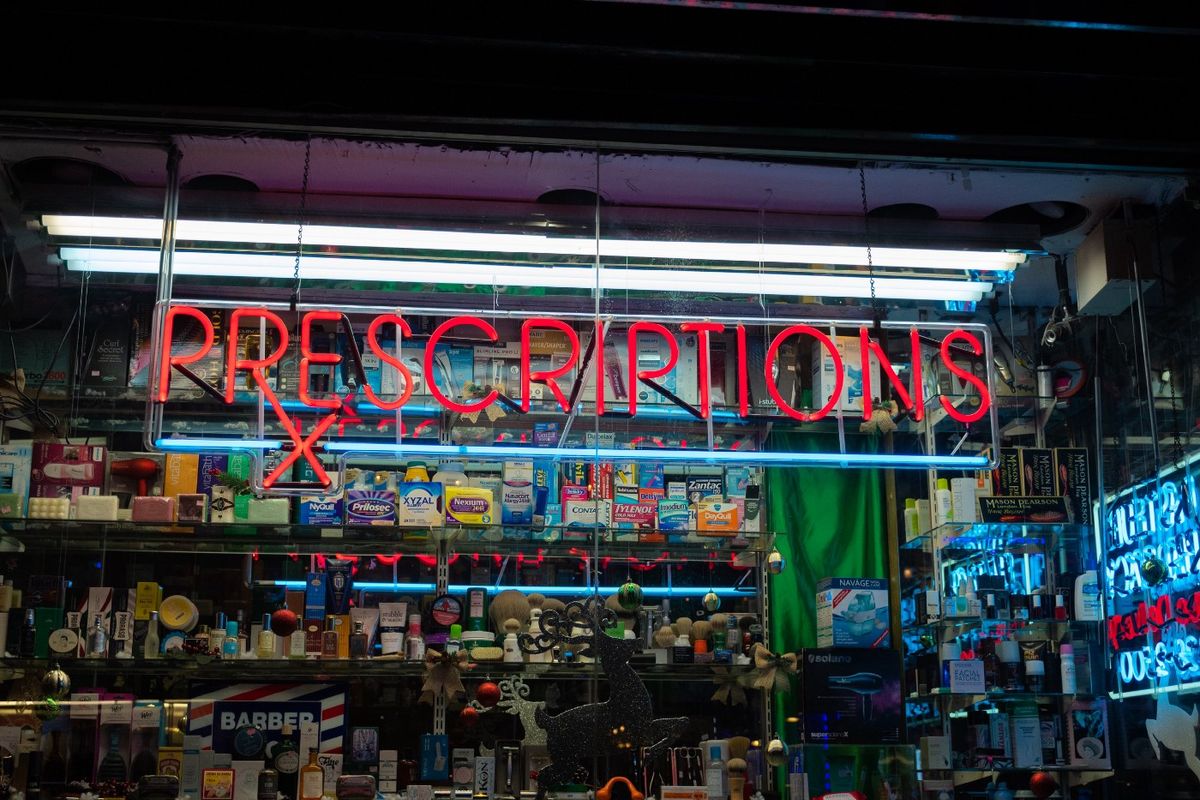Pharmaceutical Industry: Functional Areas
Today's post will discuss the main functional areas in the pharmaceutical industry and how pharmacists can grow their careers in the field.

Hello! I had to take a small break from writing due to my busy pharmacy rotation schedule, but I am back with writing meaningful content on this blog! Today's post will discuss the main functional areas in the pharmaceutical industry and how pharmacists can grow their careers in the field.
Industry
Pharmacists have vast clinical and operational expertise, which extends to the pharmaceutical industry. They are involved everywhere, from the creation of a new product to getting that product approved for the mass market. Scientific background and quality communication are among the essential skills that pharmacists possess, and these skills are exploited in the drug development, approval, and marketing process.
Clinical Development
Clinical development is a broad term for discovering and testing a new chemical entity. Teams of scientists, project managers, and pharmacists work to create clinical trials following the scientific standard. The pharmacist's role involves providing professional knowledge regarding drug structure, delivery, and kinetics. The ability to construct clinical trial protocols also lies within the pharmacist field.
Pharmacists can find fulfilling careers writing protocols and aiding scientists in developing clinical trials. Most often, pharmacists will complete a postgraduate fellowship in clinical development to gain exposure to the field.
Medical Affairs
Medical affairs focus on the communications between a pharmaceutical company, healthcare professionals, and patients. Pharmacists working in medical affairs are responsible for providing scientific and clinical information to partners/stakeholders. These forms of communication include:
- Medical publications
- Presentations and pamphlets
- Patient communication platforms
- Social Media platforms
- Field interactions
Medical affairs is a separate entity from commercial affairs (e.g., marketing) in that it works to translate data from research into tangible information that others in the company can understand. They are not primarily involved in the marketing and commercialization of a product. Pharmacists usually complete a medical affairs fellowship postgraduate.
Regulatory Affairs
Those working in regulatory affairs oversee how products are developed, marketed, and distributed. They ensure that this process follows all the laws and regulations regarding product approval. Most often, regulatory pharmacists will work with the FDA (Food and Drug Administration) to ensure that the product they are creating will be approved for commercial use.
Different roles in regulatory affairs include:
- Keeping up to date with current laws surrounding product approval
- Analyzing scientific data
- Advising the clinical development and medical affairs teams about working within the realm of FDA regulation
Commercial Affairs
Commercial affairs are the sales and marketing of pharmaceutical or biotechnology company products. Pharmacists will work with medical and regulatory affairs to develop marketing strategies, branding, and promotional material. Marketing allows pharmacists to build strong communication skills and business-level thinking.
There are many more career options and functional areas in that pharmacists can thrive in the pharmaceutical industry, but giving a general overview helps inform pharmacy students of those career options.